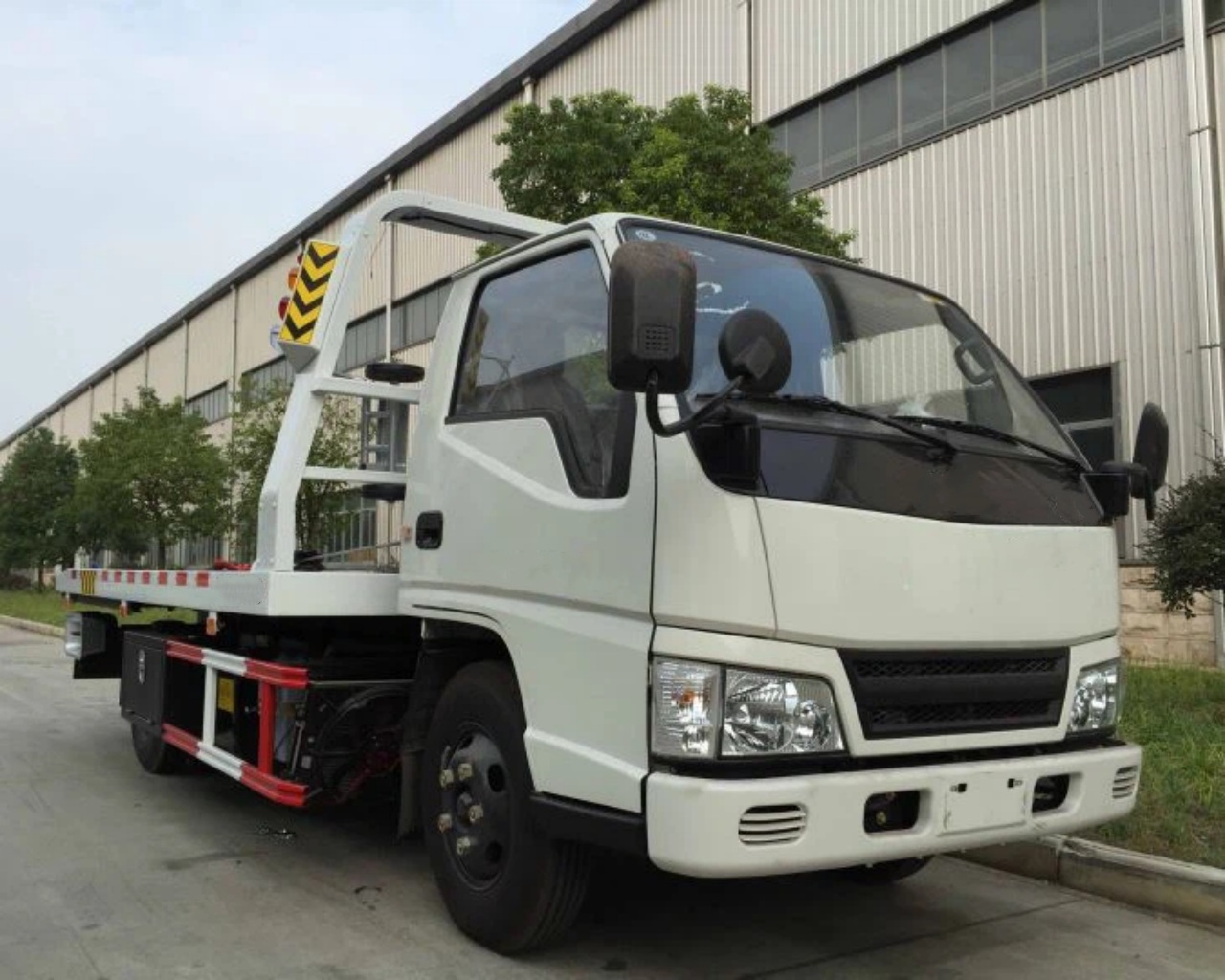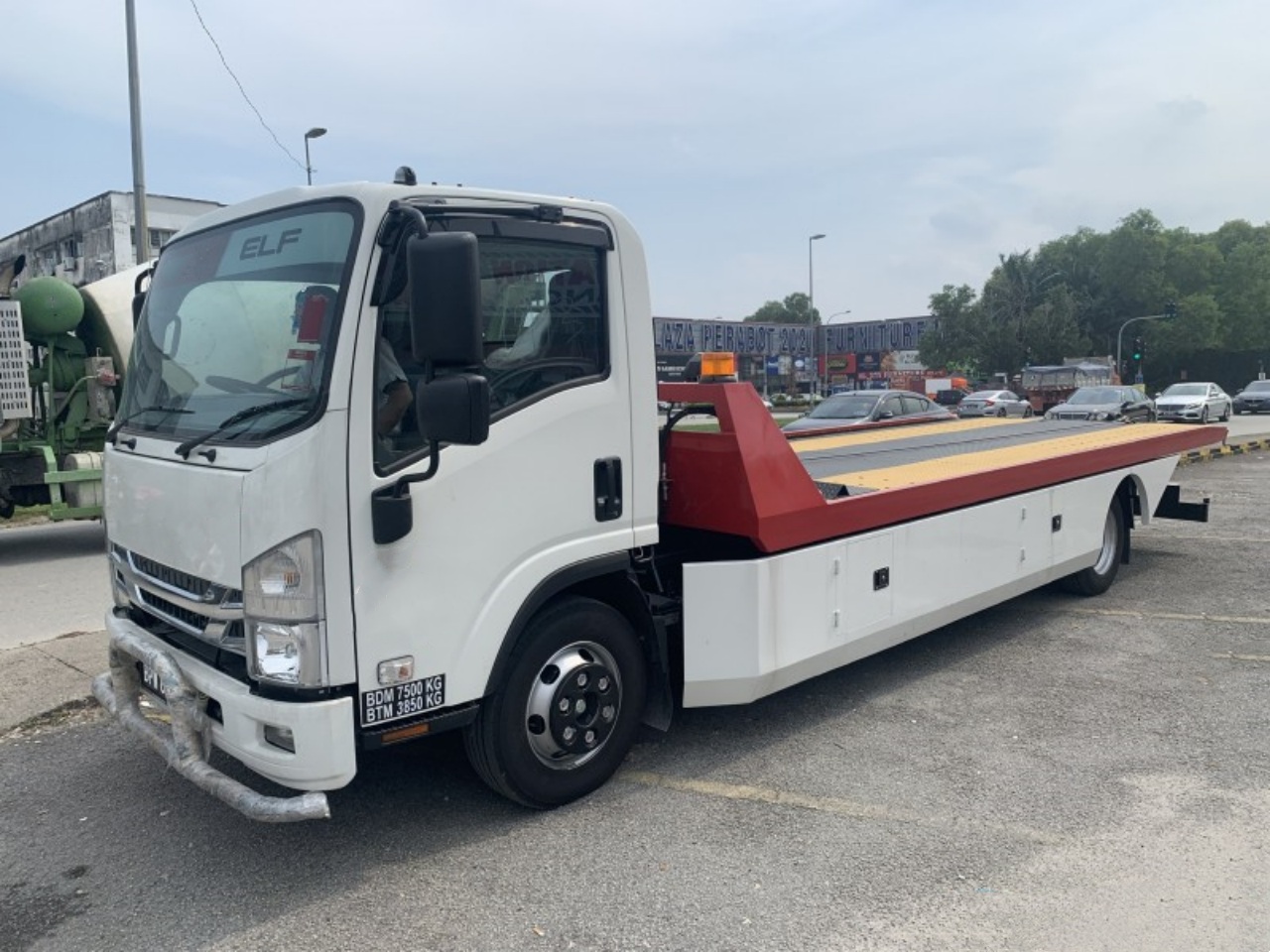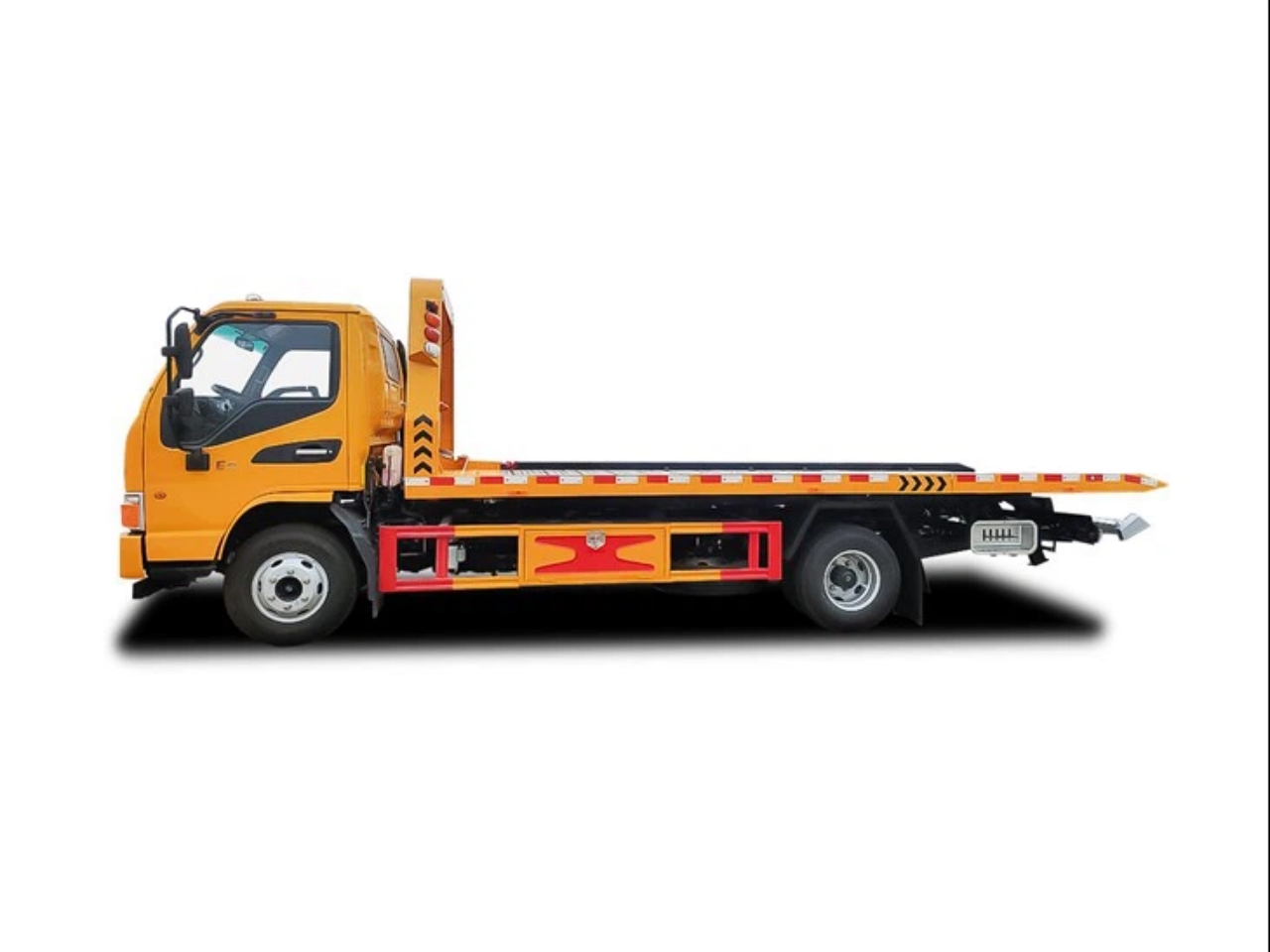Towing has come a long way since its inception, evolving from a rudimentary mechanical process to a technologically advanced industry that plays a vital role in modern society. Today, tow truck operations are no longer confined to hook and tow; they have embraced an array of technological advancements that enhance efficiency, safety, and customer service. This transformation is not only revolutionizing the way tow trucks operate but also contributing to the well-being of motorists and the environment. In this article, we’ll explore the significant role of technology in modern tow truck operations.
The Evolution of Tow Truck Technology
Tow trucks have been an essential part of road recovery for over a century. Their primary purpose has always been to assist stranded vehicles, ensuring the efficient flow of traffic and the safety of drivers. However, as society advances and technology becomes increasingly integrated into our lives, tow truck operations have evolved to keep up with the times.
In the early days of towing, the process was often labor-intensive and relied heavily on manual labor and sheer physical strength. Tow trucks were simple and lacked the advanced features we take for granted today. Today’s tow trucks, on the other hand, are equipped with cutting-edge technology that enables them to perform a wide range of functions more efficiently and safely than ever before.
GPS and Navigation Systems
One of the most significant technological advancements in the tow truck industry is the integration of GPS and navigation systems. GPS technology allows tow truck operators to pinpoint the exact location of a stranded vehicle with precision. This not only saves time and fuel but also ensures a faster response to calls for assistance. Dispatchers can use GPS technology to assign the nearest tow truck to a particular location, reducing wait times for distressed motorists.
Furthermore, these systems provide turn-by-turn navigation, making it easier for operators to reach the scene quickly and safely. This enhanced navigation ensures that tow trucks avoid traffic congestion and take the most efficient route. As a result, tow truck operators can provide faster and more reliable service to those in need.

Digital Dispatch and Communication
Another pivotal technological development in the tow truck industry is the use of digital dispatch and communication systems. These systems streamline the entire towing process, from the initial call for assistance to the safe delivery of the stranded vehicle. When a call comes in, dispatchers can digitally assign it to the nearest tow truck, eliminating the need for manual communication and reducing response times.
Digital dispatch systems also enable real-time communication between the tow truck operator, dispatcher, and the customer. This communication helps keep the customer informed about the estimated arrival time and allows them to track the progress of the tow truck. It provides a level of transparency and convenience that was previously unavailable, enhancing the overall customer experience.
Telematics and Vehicle Diagnostics
Modern tow trucks are often equipped with telematics systems that allow for remote vehicle diagnostics. These systems can assess the condition of the stranded vehicle and provide valuable information to the tow truck operator. By knowing the vehicle’s make and model and any potential issues, operators can come prepared with the right equipment and knowledge to handle the job efficiently.
Telematics also contributes to the safety of tow truck operations. It can alert operators to any potential hazards, such as an airbag deployment, which may indicate a recent collision. This information helps tow truck operators approach each job with a heightened sense of awareness and safety.
Payment Processing and Customer Service
In the past, tow truck transactions were often conducted in cash, leading to potential disputes and safety concerns. Today, technology has revolutionized payment processing in the tow truck industry. Many tow truck operators now accept credit card payments, allowing for a more secure and convenient transaction process. Additionally, some operators offer online payment options for further customer convenience.
These advancements not only improve the overall customer experience but also enhance the safety of tow truck operators. With electronic payment options, there is less cash on hand, reducing the risk of theft and potential confrontations during transactions.

Automated Vehicle Location (AVL) Systems
Automated Vehicle Location (AVL) systems have become a critical component of modern tow truck operations. AVL systems use a combination of GPS and cellular technology to track the location of tow trucks in real time. This not only improves efficiency but also enhances safety.
AVL systems allow dispatchers to monitor the location and status of tow trucks, ensuring that they are operating within established safety guidelines. In case of an emergency or unforeseen situation, dispatchers can quickly locate the nearest tow truck and assist. This level of oversight not only protects the safety of tow truck operators but also helps maintain the integrity of the towing industry.
Enhanced Towing Equipment
Technology has also had a profound impact on the equipment used by tow truck operators. Modern tow trucks are equipped with advanced features such as hydraulic winches, self-loading mechanisms, and even remote control systems. These innovations improve the speed and efficiency of the towing process while minimizing the risk of damage to the stranded vehicle.
Additionally, some tow trucks are designed with safety features like crash cushions and attenuators, which protect both the operators and the vehicles they are towing. These safety enhancements reduce the risk of accidents during the loading and transportation of stranded vehicles.

Telematics and Fleet Management
Telematics systems play a significant role in fleet management for towing companies. These systems provide a wealth of data, including fuel consumption, vehicle speed, and maintenance information. This data helps towing companies optimize their operations by improving fuel efficiency, reducing vehicle wear and tear, and ensuring that their fleet is in peak condition.
Fleet management systems also enable towing companies to monitor driver behavior, ensuring that operators are adhering to safe driving practices. This not only enhances the safety of tow truck operations but also reduces operational costs associated with accidents and vehicle maintenance.
The Environmental Impact
Modern tow truck technology not only benefits the efficiency and safety of the industry but also has a positive impact on the environment. Advanced GPS and navigation systems help tow truck operators plan their routes more efficiently, reducing fuel consumption and emissions. Telematics systems enable better monitoring of fuel efficiency, helping companies identify areas where improvements can be made.
Additionally, some tow truck operators are embracing alternative fuel sources, such as propane and natural gas, to reduce their carbon footprint. Electric tow trucks are also emerging, offering a sustainable option for the future of the industry. These eco-friendly choices not only reduce the environmental impact but also position towing companies as responsible stewards of the environment.

Conclusion
The role of technology in modern tow truck operations cannot be understated. From GPS and navigation systems to digital dispatch, telematics, and advanced towing equipment, technology has revolutionized the industry, making it more efficient, safe, and customer-focused. These technological advancements not only benefit the towing industry but also enhance the overall driving experience for motorists and contribute to a greener, more sustainable future. As technology continues to advance, we can expect further innovations that will shape the future of tow truck operations for the better.









